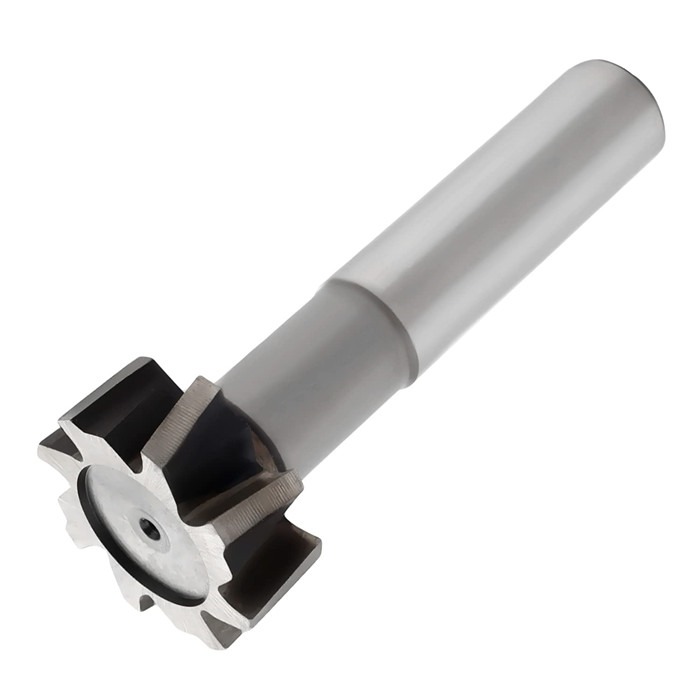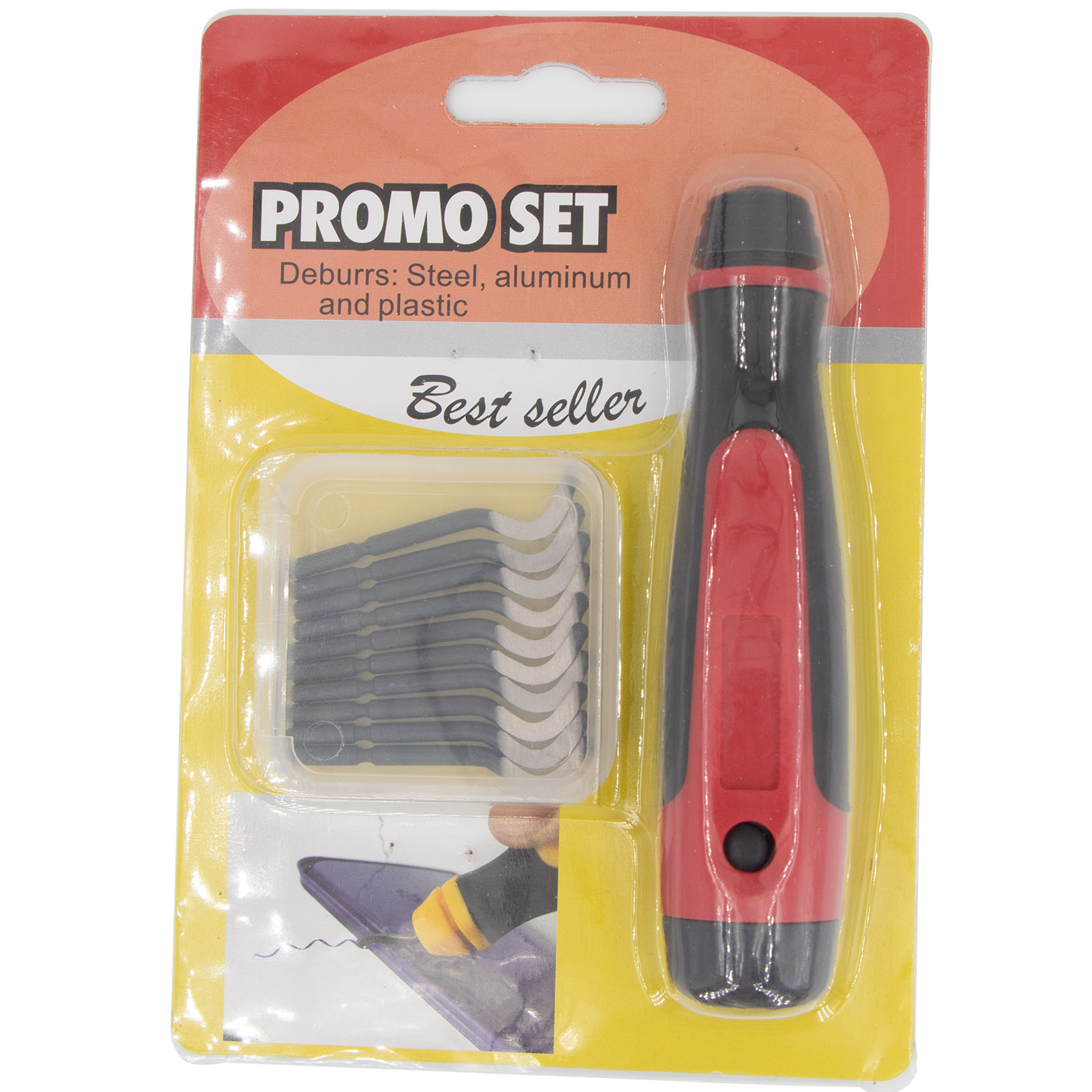90 degree indexable end mills Suppliers
Finding reliable 90 degree indexable end mills suppliers can be challenging. This comprehensive guide explores the key factors to consider when selecting a supplier, the different types of indexable end mills available, their applications, and how to ensure you're getting the best quality and value for your investment. We'll cover crucial aspects like material selection, insert geometries, and supplier certifications, equipping you with the knowledge to make informed decisions.
Understanding 90 Degree Indexable End Mills
What are 90 Degree Indexable End Mills?
90 degree indexable end mills are cutting tools used in machining processes, primarily for milling operations. They feature replaceable cutting inserts, typically made of carbide or other hard materials, that are mechanically fastened to the tool body. The '90 degree' refers to the angle at which the cutting edge meets the workpiece. This configuration is ideal for creating square shoulders, pockets, and other features with precise 90-degree angles.
Benefits of Using Indexable End Mills
- Cost-Effectiveness: Replaceable inserts eliminate the need to regrind or replace the entire tool when the cutting edge wears down.
- Versatility: Different insert geometries and grades can be used with the same tool body, allowing for a wide range of machining applications.
- High Performance: Indexable end mills can handle demanding machining operations and offer excellent material removal rates.
- Reduced Downtime: Replacing inserts is quick and easy, minimizing machine downtime.
Key Factors to Consider When Choosing a 90 Degree Indexable End Mills Supplier
Quality and Reliability
The quality of the end mill and its inserts directly impacts the precision, efficiency, and surface finish of your machining operations. Look for suppliers that offer products made from high-quality materials and manufactured to strict tolerances. Reliability is equally important; choose a supplier with a proven track record of delivering consistent performance.
Product Range and Availability
A good supplier should offer a wide range of 90 degree indexable end mills in different sizes, shank types (e.g., cylindrical, Weldon), and insert geometries. They should also have a reliable inventory management system to ensure that the products you need are readily available. For example, Wayleading Tools at www.wayleading.com offers a comprehensive selection, making it easier to find the perfect tool for your specific application. (This is just an example; always verify product availability directly.)
Technical Support and Expertise
Choose a supplier that can provide expert technical support to help you select the right tools for your specific application and troubleshoot any issues that may arise. They should have knowledgeable staff who can answer your questions and provide guidance on optimal cutting parameters, insert selection, and tool maintenance. Consider whether they offer on-site training or application engineering support.
Pricing and Payment Terms
While quality is paramount, pricing is also an important consideration. Compare prices from different suppliers and consider the overall cost of ownership, including the cost of inserts, tool maintenance, and potential downtime. Also, review the supplier's payment terms and ensure they are compatible with your budget and purchasing processes.
Shipping and Delivery
Fast and reliable shipping is crucial to minimize downtime and keep your production running smoothly. Choose a supplier that offers efficient shipping options and has a good track record of delivering orders on time and in good condition. Inquire about their shipping policies, including shipping costs, delivery times, and insurance coverage.
Customer Reviews and Reputation
Before making a decision, research the supplier's reputation by reading customer reviews and testimonials. Look for patterns in the feedback and pay attention to comments about product quality, customer service, and delivery performance. Check independent review sites and industry forums to get a balanced perspective. A strong reputation is a good indicator of a reliable and trustworthy supplier.
Types of 90 Degree Indexable End Mills
Square Shoulder End Mills
Designed specifically for creating precise 90-degree shoulders. They are available in various sizes and insert configurations to suit different machining requirements.
Corner Rounding End Mills
Used to create rounded corners on workpieces. They feature inserts with a radius that matches the desired corner radius.
Face Milling End Mills
Suitable for facing operations, producing flat and smooth surfaces. They often have multiple inserts for high material removal rates.
Slotting End Mills
Designed for creating slots in workpieces. They typically have a narrow cutting width and a high number of flutes.
Choosing the Right Inserts for Your 90 Degree Indexable End Mill
Carbide Inserts
The most common type of insert, offering a good balance of hardness, toughness, and wear resistance. They are suitable for machining a wide range of materials, including steel, stainless steel, and cast iron.
Cermet Inserts
A composite material made from ceramic and metallic materials. Cermet inserts offer high wear resistance and are often used for finishing operations on hard materials.
Ceramic Inserts
Extremely hard and wear-resistant, ceramic inserts are ideal for machining high-temperature alloys and hardened steels. However, they are more brittle than carbide inserts and require careful handling.
Insert Geometries
The geometry of the insert affects its cutting performance, chip control, and surface finish. Common insert geometries include square, round, triangular, and rhomboidal. Choose the geometry that is best suited for your specific machining application.
Applications of 90 Degree Indexable End Mills
- Shoulder Milling: Creating precise 90-degree shoulders on workpieces.
- Pocket Milling: Machining internal cavities with square corners.
- Face Milling: Producing flat and smooth surfaces.
- Slotting: Creating slots in workpieces.
- Ramping: Cutting inclined surfaces.
- Plunging: Cutting vertically into the workpiece.
Ensuring Quality and Value
Supplier Certifications
Look for suppliers that are certified to ISO 9001 or other relevant quality standards. These certifications demonstrate that the supplier has a robust quality management system in place and is committed to providing consistent, high-quality products.
Material Traceability
Ensure that the supplier can provide material traceability for their products. This means that they can track the origin and processing history of the materials used to manufacture the end mills and inserts, ensuring that they meet the required specifications.
Performance Testing
Ask the supplier if they conduct performance testing on their products. This can include tests for hardness, wear resistance, and cutting performance. Performance testing provides valuable data that can help you assess the quality and reliability of the end mills and inserts.
Table: Comparing Different Insert Materials
| Material | Hardness | Toughness | Wear Resistance | Typical Applications |
|---|---|---|---|---|
| Carbide | High | Good | Good | General machining of steel, stainless steel, cast iron |
| Cermet | Very High | Fair | High | Finishing of hard materials |
| Ceramic | Extremely High | Poor | Extremely High | Machining high-temperature alloys and hardened steels |
Conclusion
Selecting the right 90 degree indexable end mills suppliers is crucial for achieving optimal machining performance and productivity. By considering the factors outlined in this guide, you can make informed decisions and choose a supplier that meets your specific needs and requirements. Remember to prioritize quality, reliability, and technical support to ensure that you are getting the best value for your investment. Looking for more tools? Visit the Wayleading Tools website today!
Disclaimer: Information provided in this article is for general informational purposes only and does not constitute professional advice. Always consult with a qualified expert before making any decisions related to machining tools and processes.
Related products
Related products
Best selling products
Best selling products-
 Metric HSS 13mm Reduce Shank Drill Bit For Metal Cutting Of High Precision
Metric HSS 13mm Reduce Shank Drill Bit For Metal Cutting Of High Precision -
 ANSI B94 HSS Jobber Length Drill Bits Fully Ground
ANSI B94 HSS Jobber Length Drill Bits Fully Ground -
 Inch HSS Step Drills with Straight Flute
Inch HSS Step Drills with Straight Flute -
 Outside Micrometer Set Of Inch & Metric For Industrial
Outside Micrometer Set Of Inch & Metric For Industrial -
 Type E Oval Tungsten Carbide Rotary Burr
Type E Oval Tungsten Carbide Rotary Burr -
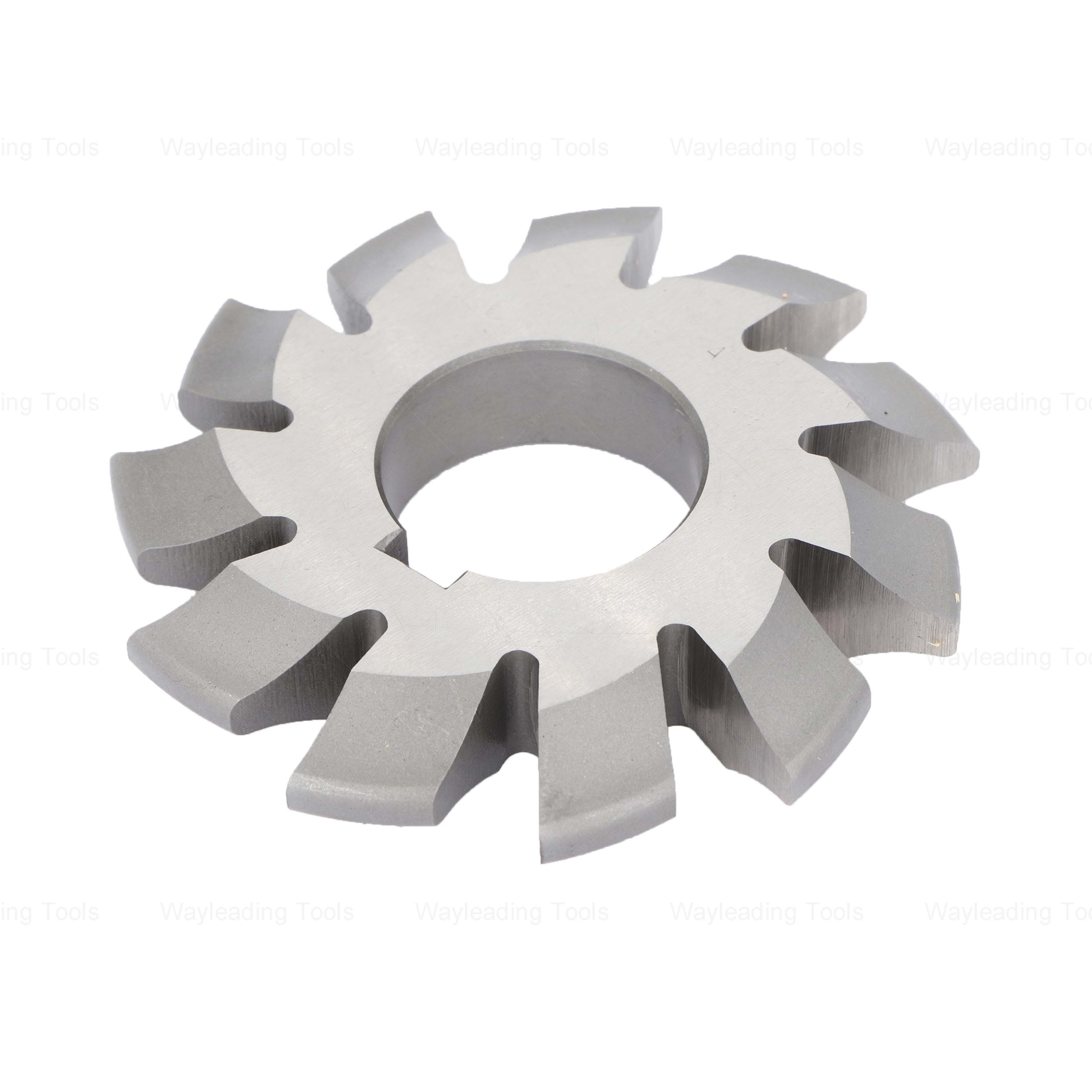 HSS Involute Gear Cutters – Module Type, PA 20° / 14.5°
HSS Involute Gear Cutters – Module Type, PA 20° / 14.5° -
 25PCS DIN338 HSS Twist Drill Bit Set From 1-13mm
25PCS DIN338 HSS Twist Drill Bit Set From 1-13mm -
 F1 Precision Boring Head With Metric & Inch
F1 Precision Boring Head With Metric & Inch -
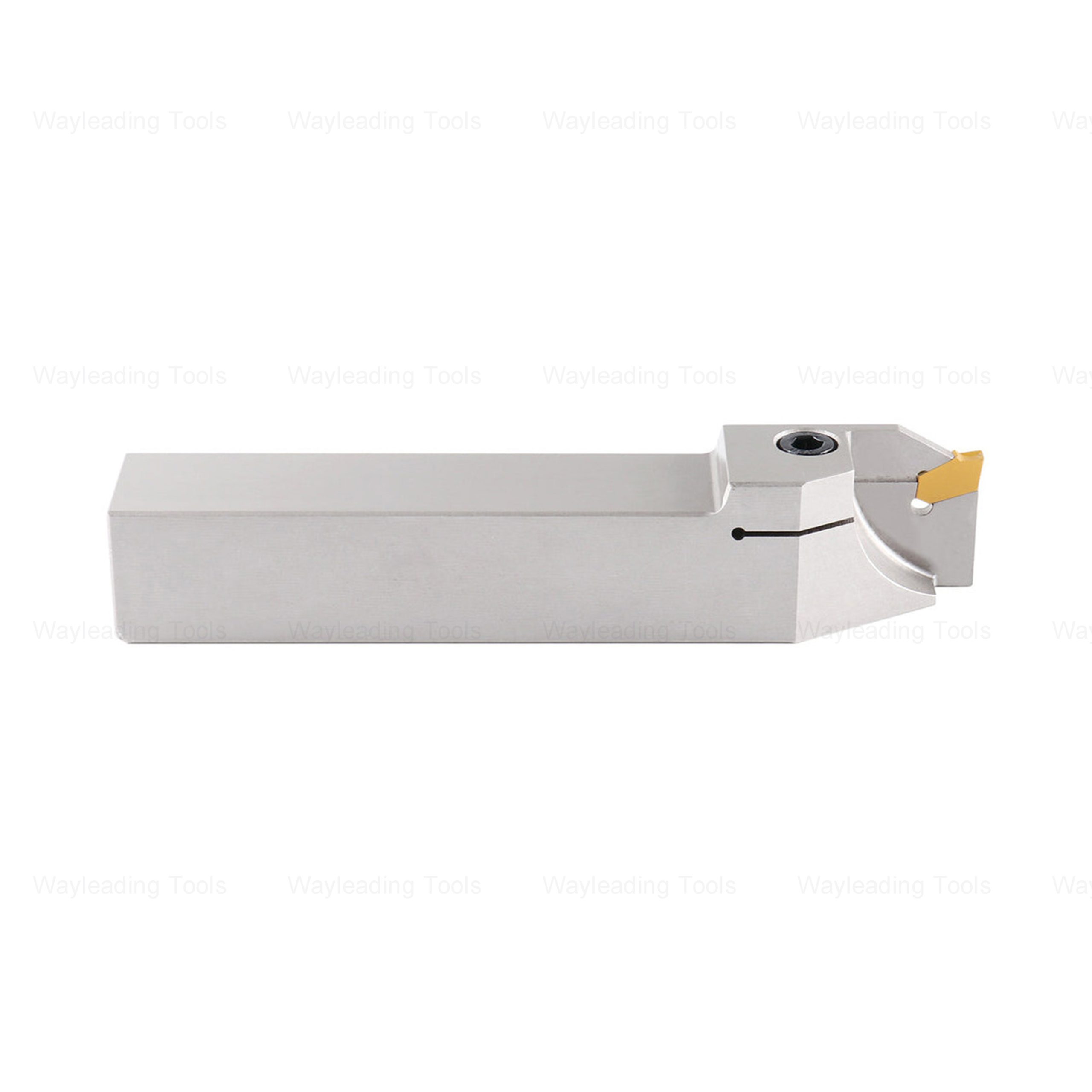 QA Grooving & Cut-Off Tool Holder – Right- and Left-Hand Types
QA Grooving & Cut-Off Tool Holder – Right- and Left-Hand Types -
 APKT Milling Insert For Indexable Milling Cutter
APKT Milling Insert For Indexable Milling Cutter -
 Precision Expanding Mandrel From 9/16″ to 3-3/4″
Precision Expanding Mandrel From 9/16″ to 3-3/4″ -
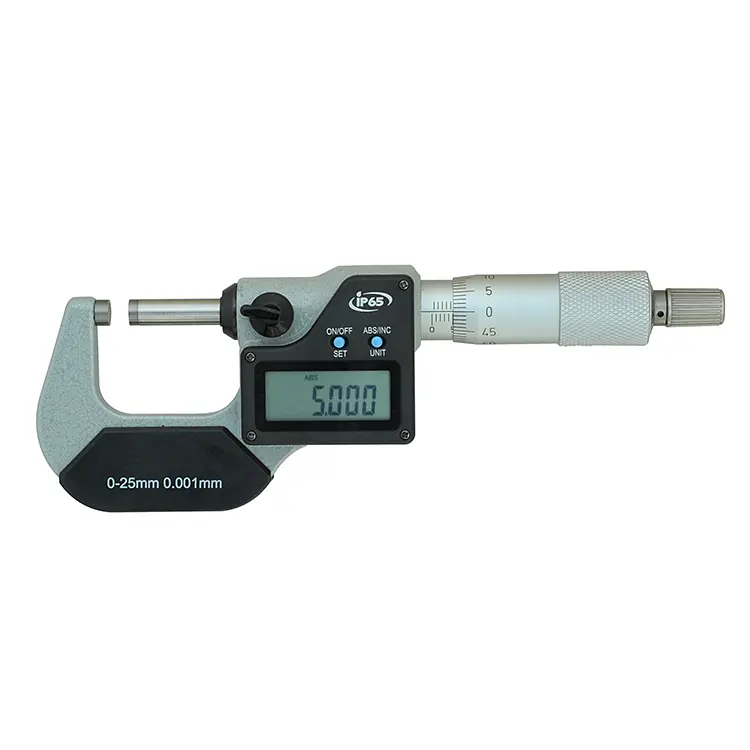 Precision IP65 Digital Outside Micrometer Of Inch & Metric With Data Output
Precision IP65 Digital Outside Micrometer Of Inch & Metric With Data Output





